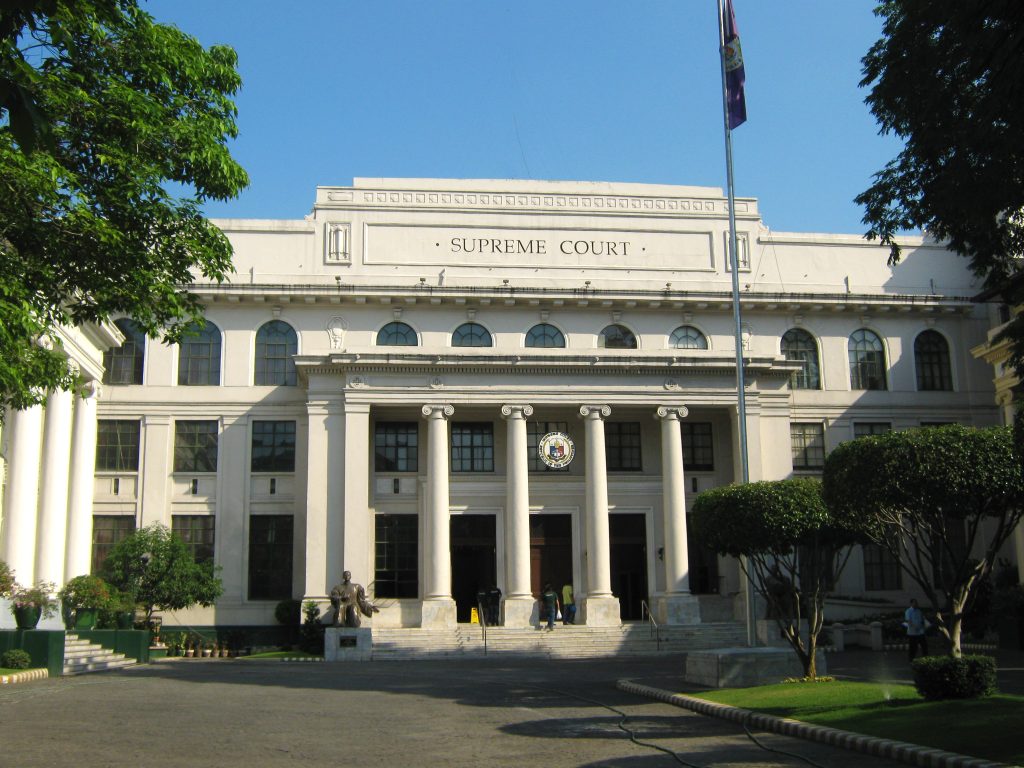The Supreme Court of the Philippines is exploring the integration of artificial intelligence (AI) to enhance the efficiency of judicial operations, including the drafting of decisions and translating testimonies across dialects. Court Administrator Raul Villanueva highlighted ongoing projects utilizing AI for voice-to-text transcription and case monitoring, aimed at prioritizing aging cases and improving overall case management. However, during a Senate budget hearing, concerns were raised about over-reliance on AI, with Senator Grace Poe emphasizing the importance of maintaining a human element in judicial decisions. Associate Justice Mario Lopez echoed this sentiment, asserting that while AI can assist in research and data analysis, the nuanced nature of legal judgments requires human judgment and empathy, as demonstrated by past inadequacies in AI applications during bar exams.
Editor’s Note: The Supreme Court’s exploration of AI integration in judicial processes must be approached with caution, particularly given the significant risks associated with AI bias, manipulation, and hallucinations. These issues highlight the potential for AI systems to perpetuate existing inequalities and produce erroneous outputs that could undermine the integrity of legal decisions. The reliance on biased training data can lead to discriminatory outcomes, while AI hallucinations—instances where the technology generates false or misleading information—pose serious threats to the rule of law. It is crucial for the Court to exercise discernment in adopting AI tools, ensuring that human oversight remains central to decision-making processes. This approach not only safeguards against the pitfalls of automated systems but also reinforces the responsibility of the legal system to uphold justice and fairness. If implemented thoughtfully, AI could serve as a valuable resource; however, without stringent guidelines and ethical considerations, there is a risk that it may exacerbate existing issues rather than resolve them.
Read Original Article
Read Online
Click the button below if you wish to read the article on the website where it was originally published.
Read Offline
Click the button below if you wish to read the article offline.
